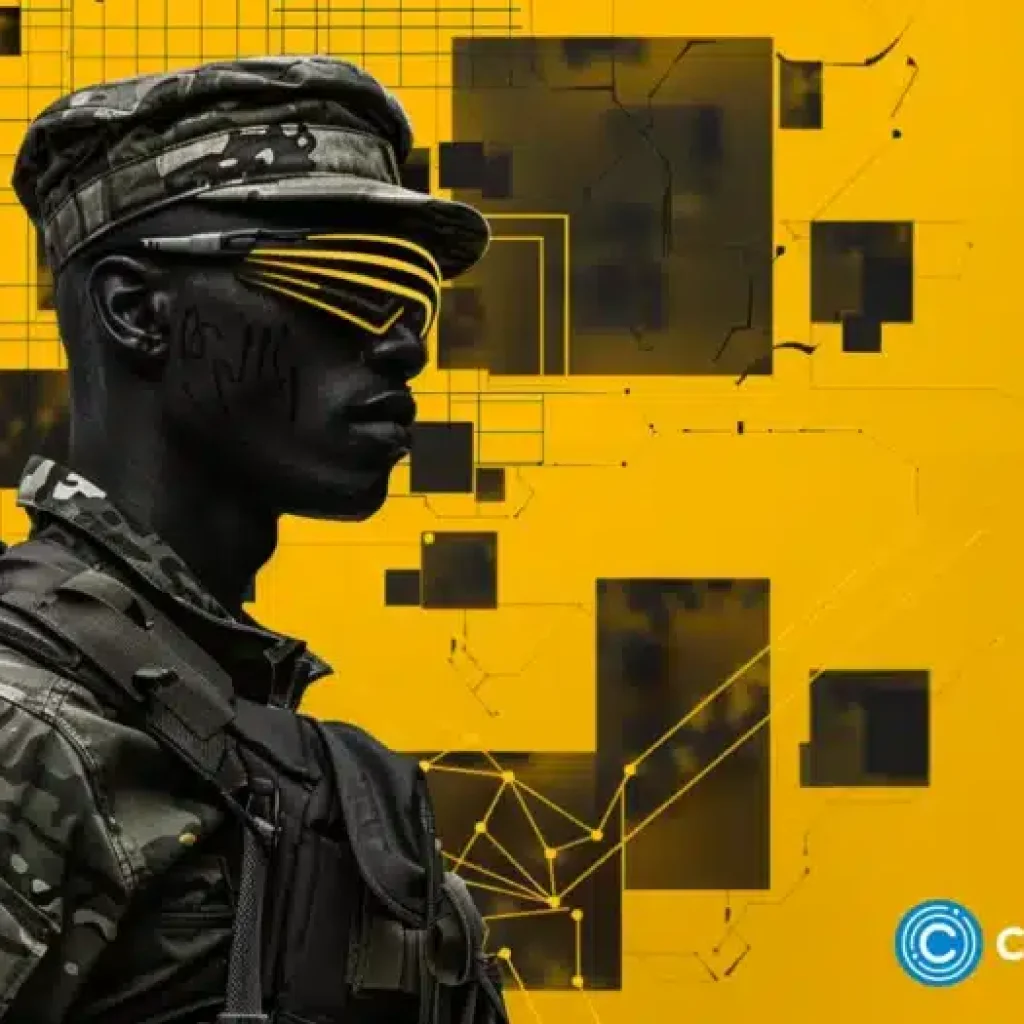Artificial Intelligence (AI) has become a focal point of concern for former U.S. President Donald Trump. In a recent interview with Fox Business’ Maria Bartiromo, Donald Trump expressed apprehension about the potential dangers posed by AI, describing it as “maybe the most dangerous thing out there.” He emphasized the lack of a clear solution to the challenges presented by this rapidly advancing technology.
Donald Trump makes AI technology confession
Donald Trump’s unease is not unfounded, particularly in light of the proliferation of AI-generated deepfakes. The interview highlighted instances where individuals exploited AI to create convincing simulations of Trump making speeches endorsing products, leading him to assert, “You can’t even tell the difference.”
The prevalence of such deepfakes extends beyond Trump, encompassing prominent figures like Joe Biden, Pope Francis, Tom Hanks, and even Taylor Swift. The former President raised the alarm regarding the potential misuse of AI-generated deepfakes, suggesting that the technology could be employed to manipulate public perception and even incite conflicts.
His concerns echo those expressed by the United Nations and its Secretary-General, who emphasized the need for urgent measures to ensure responsible and ethical AI use, particularly in countering misinformation and hate speech. Trump called for swift action, expressing the urgency of addressing the challenges posed by AI.
He contended that in an era dominated by AI, statements made in interviews could easily be manipulated, posing significant security risks. Even the U.S. Securities and Exchange Commission chair, Gary Gensler, acknowledged the threat posed by deepfakes to global markets, emphasizing the need to adapt existing laws to address the challenges presented by new technologies.
In response to the escalating concerns about AI-driven misinformation, OpenAI, the organization behind the development of advanced language models like ChatGPT, outlined its commitment to combating misinformation during the 2024 election season. The company aims to enhance platform safety by promoting accurate voting information, enforcing prudent policies, and increasing transparency.
OpenAI makes a statement regarding the 2024 elections
The interview underscores the growing recognition of AI’s potential negative impacts, particularly in the context of deepfakes. The ability to manipulate audio and video content with AI algorithms has raised significant ethical and security concerns. The ease with which these deepfakes can be created and disseminated has prompted calls for urgent action to mitigate their potential consequences.
Trump’s assertion that AI is a problem requiring immediate attention reflects a broader sentiment shared by policymakers, technologists, and international organizations. The rapid evolution of AI technology necessitates a proactive approach to address the associated risks, such as the spread of misinformation, erosion of trust, and potential threats to national security.
The interview also sheds light on the evolving landscape of misinformation in the digital age. With AI-powered tools becoming increasingly sophisticated, the traditional means of discerning truth from falsehood are challenged. The interviewees, including Trump and Gensler, emphasize the inadequacy of existing legal frameworks in addressing the risks posed by deepfakes, signaling the need for innovative and adaptive regulatory approaches.
OpenAI’s commitment to leveraging ChatGPT to combat misinformation aligns with a broader industry acknowledgment of the responsibility to address the negative consequences of AI technologies. As the 2024 elections approach, the focus on platform safety and accurate information dissemination becomes paramount to preserve the integrity of democratic processes.
The interview with former President Trump highlights the urgent need to address the challenges posed by AI, particularly in the context of deepfakes and misinformation. The concerns expressed by Trump, coupled with similar sentiments from international organizations and regulatory bodies, underscore the critical importance of developing effective strategies to navigate the evolving landscape of AI-driven technologies.





